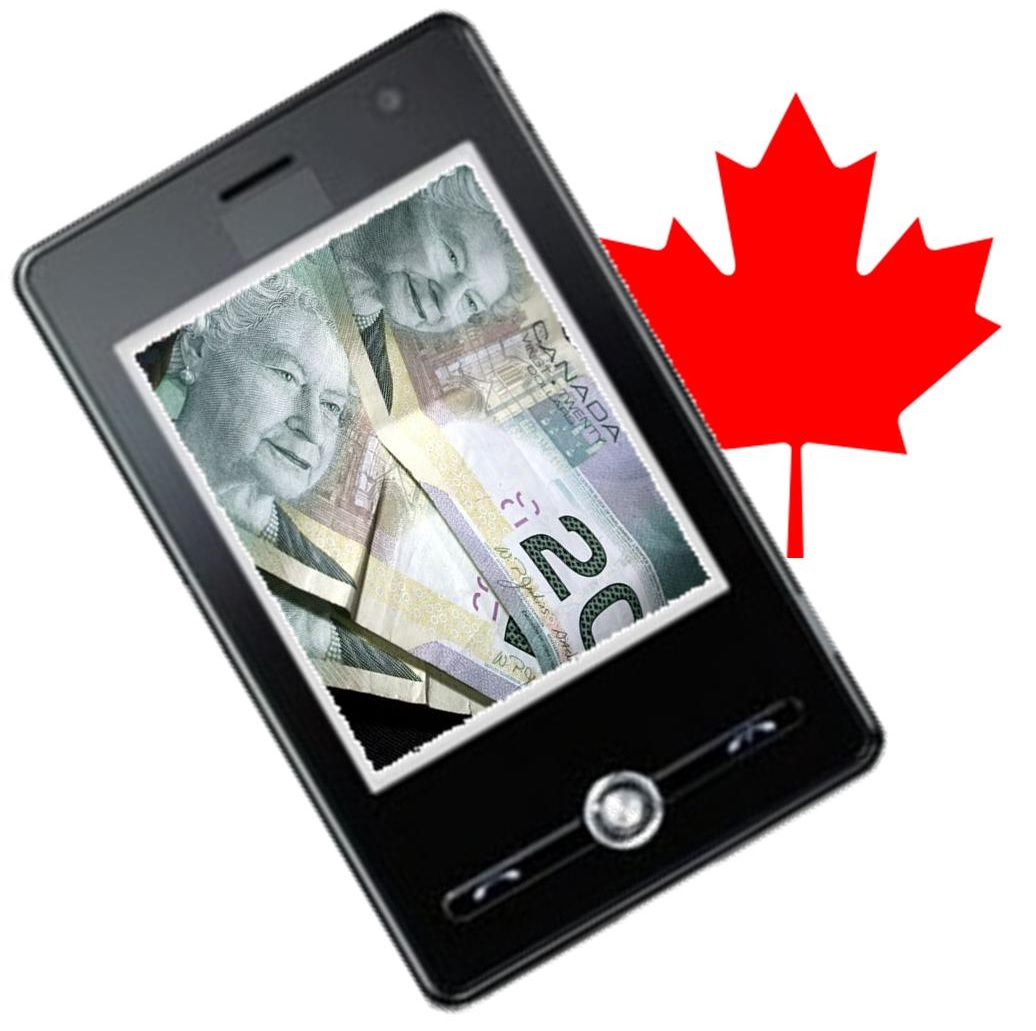Gemalto partners with Chunghwa Telecom to launch new mobile service for consumers
Gemalto, an international digital security firm, has announced that it has partnered with Chunghwa Telecom, the largest telecommunications operator in Taiwan, to launch a new mobile commerce service. The service will be based on NFC technology, allowing users to participate in contactless payments from their mobile devices. The launch of this new service is being supported by MasterCard and four of Taiwan’s leading banks.
Mobile commerce continues to gain momentum in Taiwan as mobile device ownership rises
Mobile commerce has become quite popular in Taiwan, largely due to the growing smartphone penetration. More consumers than ever are beginning to use their mobile devices to conduct the business of their daily lives. Shopping online from a mobile device is becoming a common practice among consumers in Taiwan, and a growing number of people want to use their mobile devices to make purchases in physical stores. As such, the demand for new mobile commerce services has been on the rise.
Consumers can use mobile service to pay for goods and services, including public transit
 The new service will be making use of Gemalto’s UpTeq Multi-tenant NFC SIM, which can be used to give most mobile devices NFC capabilities. The services will allow Cunghwa Telecom’s customers to pay for goods and services, including the fare associated with public transit systems. These payments can be made by swiping a mobile device near an NFC reader, which will collect information and authenticate a transaction.
The new service will be making use of Gemalto’s UpTeq Multi-tenant NFC SIM, which can be used to give most mobile devices NFC capabilities. The services will allow Cunghwa Telecom’s customers to pay for goods and services, including the fare associated with public transit systems. These payments can be made by swiping a mobile device near an NFC reader, which will collect information and authenticate a transaction.
Gemalto will work to make NFC-based mobile payments more secure than they have been in the past
NFC technology has formed the backbone of mobile commerce for several years. There have been security concerns regarding the use of this technology, however, as mobile commerce has become a popular target for some malicious groups. NFC can be exploited to access consumer financial information, but Gemalto has extensive experience in security matters and ensuring that this information is not compromised. The company may be able to help make the new mobile commerce service secure and popular among consumers in Taiwan.
BWild |
November 14, 2014
New legislation could allow merchants to charge a fee on all mobile transactions
New legislation in Canada could cause some turbulence in the mobile commerce space. Some of the country’s lawmakers have introduced legislation that would allow Canada’s merchants to institute a surcharge on customers paying for products from a mobile device. Having to pay additional fees may make mobile commerce somewhat less popular among consumers, but merchants have been having to deal with these fees for some time.
Payment services are proving to be a costly investment for merchants
Organizations that offer mobile payment services, such as Visa and MasterCard, also charge a fee for the merchants that use these services. Generally, merchants pay approximately 2.5% per transaction made through a payment platform. Many merchants have avoided embracing mobile payments because of these fees, while others have seen little issue with the practice. In the case of Visa and MasterCard, the two companies have begun lowering the fees on transactions in order to make mobile payment services more popular among smaller merchants.
Surcharges on mobile transactions could help merchants become more financially stable
 Per the new legislation, merchants may be able to offset the financial impact of high interchange fees by imposing fees of their own. Many merchants see mobile commerce as a costly investment and becoming involved in this space has proven to be quite expensive. By imposing fees on mobile transactions, retailers may be able to see some financial gain from their mobile initiatives. Additional fees may not be popular among consumers, however, who may look for merchants that do not charge for mobile transactions rather than support those that do.
Per the new legislation, merchants may be able to offset the financial impact of high interchange fees by imposing fees of their own. Many merchants see mobile commerce as a costly investment and becoming involved in this space has proven to be quite expensive. By imposing fees on mobile transactions, retailers may be able to see some financial gain from their mobile initiatives. Additional fees may not be popular among consumers, however, who may look for merchants that do not charge for mobile transactions rather than support those that do.
Merchants may be unlikely to charge for mobile transactions until they can no longer handle other costs
While many merchants have expressed concerns over the financial aspects of mobile commerce, relatively few of them are likely to begin charging for mobile transactions. When a high profile platform, such as Apple Pay, arrives in Canada, however, merchants may change their minds regarding the matter. Such a platform introduces more complexity to the commerce space and has the potential to raise costs for merchants, which will need to be offset for the sake of financial survivability.
 The new service will be making use of Gemalto’s UpTeq Multi-tenant NFC SIM, which can be used to give most mobile devices NFC capabilities. The services will allow Cunghwa Telecom’s customers to pay for goods and services, including the fare associated with public transit systems. These payments can be made by swiping a mobile device near an NFC reader, which will collect information and authenticate a transaction.
The new service will be making use of Gemalto’s UpTeq Multi-tenant NFC SIM, which can be used to give most mobile devices NFC capabilities. The services will allow Cunghwa Telecom’s customers to pay for goods and services, including the fare associated with public transit systems. These payments can be made by swiping a mobile device near an NFC reader, which will collect information and authenticate a transaction.
 Per the new legislation, merchants may be able to offset the financial impact of high interchange fees by imposing fees of their own. Many merchants see mobile commerce as a costly investment and becoming involved in this space has proven to be quite expensive. By imposing fees on mobile transactions, retailers may be able to see some financial gain from their mobile initiatives. Additional fees may not be popular among consumers, however, who may look for merchants that do not charge for mobile transactions rather than support those that do.
Per the new legislation, merchants may be able to offset the financial impact of high interchange fees by imposing fees of their own. Many merchants see mobile commerce as a costly investment and becoming involved in this space has proven to be quite expensive. By imposing fees on mobile transactions, retailers may be able to see some financial gain from their mobile initiatives. Additional fees may not be popular among consumers, however, who may look for merchants that do not charge for mobile transactions rather than support those that do.